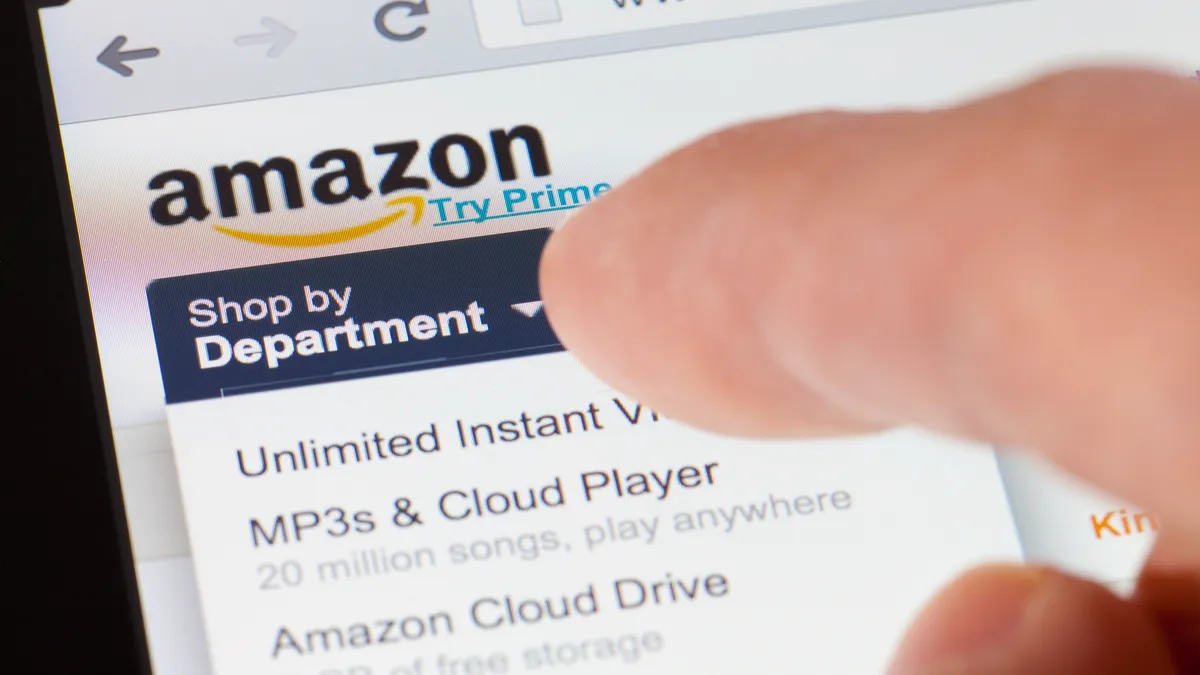Dive Brief:
- Amazon announced it's shuttering its Underground Actually Free program in a company blog post. Launched in 2015, Underground Actually Free offers direct downloads of some 20,000 games and apps that would otherwise cost money on the Android app store, with Amazon fronting the expense and compensating developers based on much time is actually spent with the app, per TechCrunch.
- Underground Actually Free will stop receiving app submissions starting May 31 and will officially close for good in 2019. In the same blog post, Amazon noted developers for the app store have new monetization options, including turning game characters and imagery into branded T-shirts via Merch By Amazon and also an Amazon Coins discount program.
- In separate news, Amazon introduced five new Speech Synthesis Markup Language (SSML) tags for its digital assistant Alexa, including whispers, expletive bleeps, prosody and additional emphases that add nuance and a more natural feel to conversations.
Dive Insight:
Amazon wants to keep up momentum following a Q1 performance that outshone expectations, and the e-commerce giant's future — at least as it pertains to the mobile world — looks more and more like it rests on Alexa's shoulders. While Underground Actually Free was a neat idea, TechCrunch noted it was designed to attract users to Amazon's Fire products — a line of hardware that never really saw blockbuster success.
The move to power down the program also comes as the app market for games, in particular, appears to be entering a bit of a cooldown. Recode, citing research from Sensor Tower, said the top 10 games in Apple's U.S. app store all saw a drop in revenue sometime over the past year.
Alexa and Echo devices, however, continue to pick up steam as the digital assistant becomes smarter. Once limited to fairly basic functions like noting the weather, Alexa now possesses some 12,000 skills and can accomplish over 300 "smart home" tasks, including turning lights on and off and locking doors, per a Q1 earnings release.
Adding nuance to Alexa's "personality" via the new SSML tags might make the bot more accessible and therefore widely adopted as its practical applications proliferate.
The number of products with Alexa capabilities is quickly growing as well. Amazon unveiled Echo Look last week, a piece of hardware that acts as a personal stylist, snapping photos and then having Alexa help users assess their outfits, track what they wear and highlight trends. The company also recently opened up SDKs for the hardware and software behind its Echo devices to third parties eager to integrate the technology into their own products.















